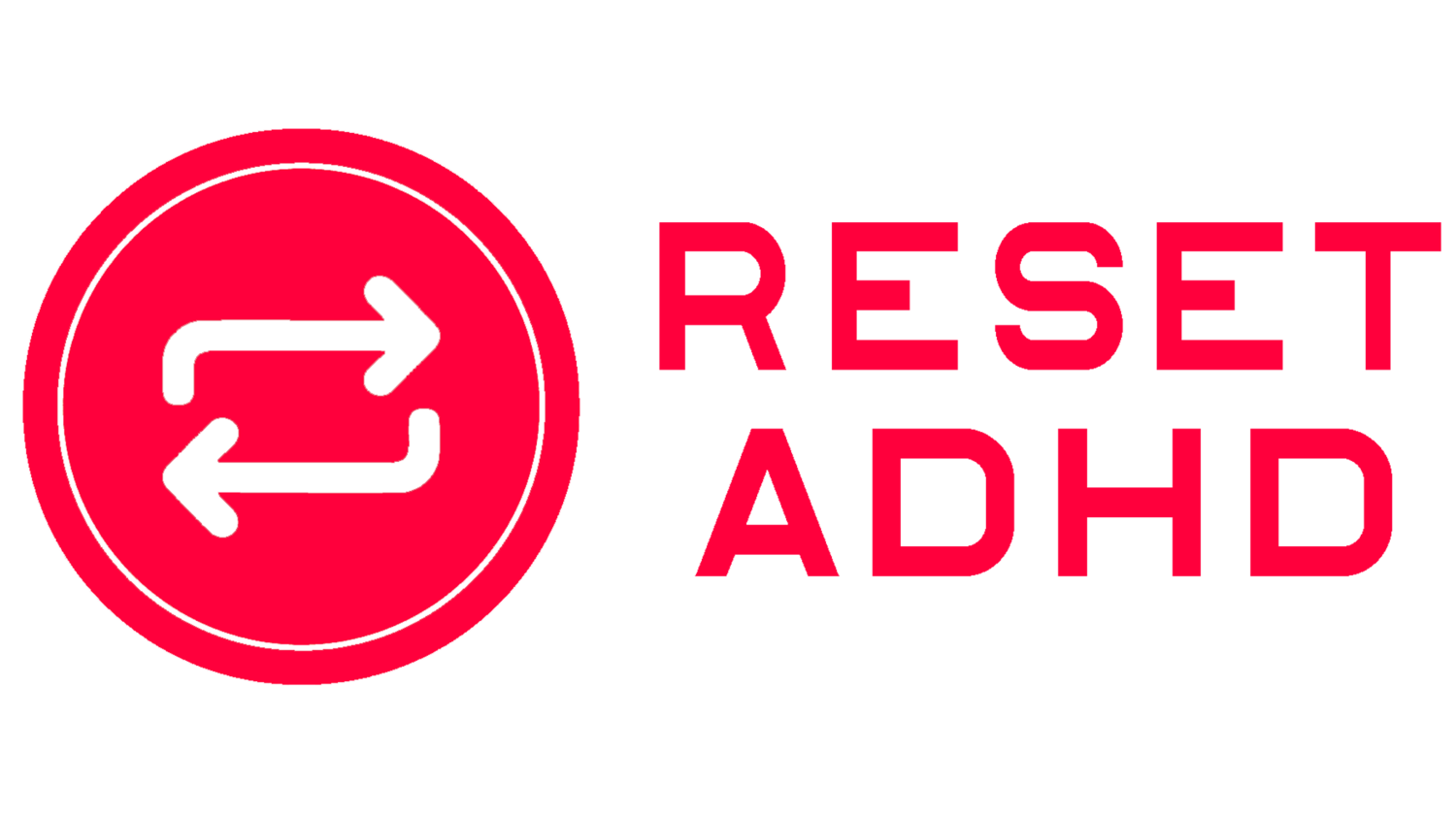Mastering Time: Tips for Overcoming ADHD-Related Tardiness and Being Punctual
Those of us with ADHD struggle with arriving on time to our scheduled activities. Time blindness robs us of the ability to be there when we (and others) would like. We can lose track of time and all of a sudden realize we should have left the house 10 minutes ago. It can be a frustrating part of having ADHD. We cannot just accept this. We irritate others when we are late and can cause the schedule’s of others to be thrown off as well. Yes, people should be understanding when we are late, but constantly being late makes it seem like we do not care. There is a middle ground to be found between always being late and forgiving someone when they are late. We need to do our part to arrive on time and be ready for the event. Here are some tips for arriving on time.
Don’t Make Assumptions
If you find yourself saying things like, “Oh, that won’t start on time,” then you are assuming others will be late as well. This is not always true. It is entirely possible that they could be starting early. Do not risk believing faulty assumptions; make sure you are on time.
Alarms
One way to ensure you arrive on time is to set alarms and reminders on your phone. These will alert that it is time to move on and do the next thing. It can also help to build in some transition time. For example, you could set one alarm when it is time to start wrapping up what you are currently doing and another when it is time to start the leaving process. And, yes, leaving is a process.
Remember That Leaving Is a Process
When I need to leave my house for something, I need to make sure my dog’s bladder is empty (or not about to burst depending on how long I’ll be gone), and I need to put him in his kennel. This takes time, not a lot of time, but enough time to where I need to be conscious of it. After he is in his kennel, I need to put on my shoes and a coat (depending on the weather). Then, I need to get in my car, back out of my driveway (which can take a couple of minutes if there are other cars driving past my house), and drive to where I am going. In short, there are several things that need doing before I can officially leave. It is easy to think, “It’s a 20-minute drive away, so I can leave 20 minutes to the appointment time and be fine.” However, if you do not start the leaving process prior to the 20-minutes-to-go mark, you might be leaving closer to the 10-minutes-before-the appointment mark. So, be smart and start the leaving process a good amount of time before you need to leave.
Leave Earlier Than You Think You Need To
One time, I was confessing that I got angry behind the wheel, and I was advised to leave earlier than I needed to so that I would be less tempted to get angry. This was brilliant advice. When you are driving somewhere and you are behind schedule, it is easy to get angry at slow drivers. However, if you leave earlier than you need to, you have a sereneness while driving. It becomes easier to absorb the challenges that can arise while driving, such as congested traffic, an accident, or those pesky slow drivers. It also gives you the benefit of arriving early. Some of you may scoff at the idea of being early. Yes, arriving early can be awkward. However, there is this magnificent activity called “wasting time on your phone while sitting in your car.” If you arrive unacceptably early, this can be a great way to pass the time. Smart phones can be a wonder. Furthermore, depending on the event, it may be okay to arrive early. If something starts right at 3:00, it is actually best to get there at 2:45, so you can be prepared for the start of the event, whatever it may be.
Wrapping It Up…
Arriving on time is a skill. Not everyone (ADHD or not) naturally has it, but it can be learned. It takes diligence and persistence, but it can be done. Do not fall into a mindset of “Oh, I’m always late and there’s nothing I can do about it.” You can do something about it, and others will appreciate it if you do.
